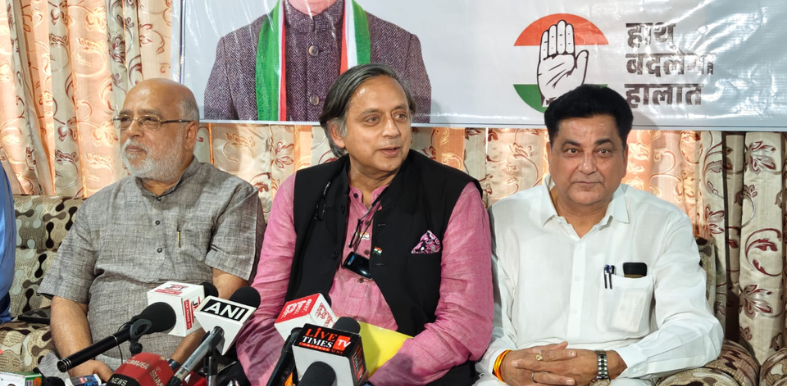Himani Sharma
In recent years, the Government of India has been promoting the blending of ethanol with petrol as part of its energy strategy. While the idea is marketed as a step towards reducing crude oil imports and supporting farmers, its practical impact, especially on vehicle engines and consumer pockets, paints a very different picture.
Ethanol is an alcohol derived from crops such as sugarcane and corn. When mixed with petrol, it acts as an oxygenate, supposedly helping in better combustion. Currently, petrol sold across India contains up to 20% ethanol (E20 blend).
On the surface, this appears beneficial. But in reality, ethanol has lower energy content compared to petrol. While petrol has an energy density of around 34.2 MJ/L, ethanol carries only about 24 MJ/L. This directly translates into reduced mileage for vehicles, meaning consumers end up buying more fuel for the same distance.
Badly impacting engines, especially of old cars
Modern engines are slowly being designed to tolerate higher ethanol blends. But the story is different for older vehicles:
Corrosion and wear: Ethanol attracts water, leading to rusting of fuel tanks, pipelines and carburetors.
Damage to rubber parts: Old seals, hoses, and gaskets are not ethanol-compatible, leading to leaks and premature wear.
Starting troubles: Ethanol evaporates differently, making cold starts more difficult in older engines.
Lower performance: Reduced energy means lower acceleration and power delivery.
Hidden cost: Price versus mileage
While petrol is sold at full market price, the actual cost to the consumer increases because of reduced mileage.
Let’s assume:
Price of petrol = ₹100 per litre
Mileage on pure petrol = 15 km/litre
Now with 20% ethanol blend:
Effective energy reduction ≈ 6–7% (industry accepted figure)
New mileage = 14 km/litre
This means: Cost per km (pure petrol) = ₹100 ÷ 15 = ₹6.67/km
Cost per km (E20 blend) = ₹100 ÷ 14 = ₹7.14/km
So, without lowering the retail price, the consumer ends up paying nearly 7% more per kilometre. Isn’t this a silent fuel tax in disguise?
Question of fairness: Adulterated fuel at full price
Here lies the fundamental problem: If ethanol is cheaper than petrol, why are consumers being charged the full petrol price? Why is there no price break, despite being supplied with a product that delivers less mileage and more engine wear?
This raises an uncomfortable question: Is it fair to sell blended fuel at full market rates without disclosure, effectively passing off adulterated petrol as premium fuel?
The need for consumer choice
Every vehicle is different. Some modern cars may run fine on E20, but countless old cars, two-wheelers, and even tractors cannot. Yet, at the petrol pump, no option is given. Consumers are forced to buy ethanol-blended petrol whether they want it or not.
This lack of choice is nothing short of a betrayal of consumer trust. A responsible government should mandate clear labelling of ethanol-blended petrol. There should be an option to buy 100% pure petrol for vehicles, something that is not mixed with ethanol.
Differential pricing that reflects the lower mileage and performance of ethanol blends.
The myth of “green fuel”
Ethanol blending is also sold as an “eco-friendly” measure. But the truth is more complex. Ethanol production consumes vast amounts of water and fertilizers, putting pressure on agriculture.
Burning ethanol still emits CO₂ and pollutants, while increased fuel consumption cancels out much of the so-called environmental benefit. Land used for ethanol crops could otherwise grow food, raising ethical concerns. Thus, calling ethanol a “green fuel” is misleading at best.
Ethanol blending in petrol may be good economics for the government and sugar mills, but for consumers, it is a costly compromise. Reduced mileage, engine damage in older vehicles, and lack of choice at the pump make this policy unfair.
If the government insists on continuing this programme, it must at least take following steps:
- Offer consumers a choice between pure petrol and ethanol-blended fuel.
- Price ethanol blends transparently, reflecting reduced mileage.
- Stop marketing ethanol as an “environment-friendly” miracle fuel when its full lifecycle impact is questionable.

Himani Sharma





